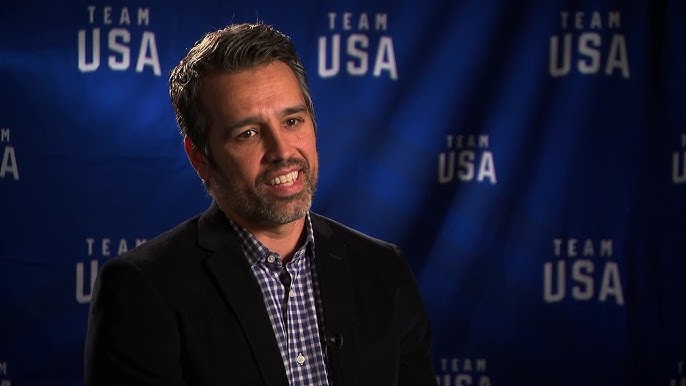Reflecting on Ahmed Fareed
So, I was digging through some old project files the other day. Just cleaning up the hard drive, you know? Found this folder from way back, maybe five, six years ago. And bam, seeing some of those notes reminded me of Ahmed Fareed.

I remember first hearing about his approach to problem-solving. Wasn’t anything super technical, more about perspective. Someone mentioned him during a particularly messy debugging session. We were stuck, properly stuck. Going round in circles, checking the same logs over and over.
Getting Started with the Idea
I decided to actually try thinking differently, like how this Ahmed Fareed was described. Wasn’t easy. My brain just wanted to do the usual thing, follow the standard checklist. But I forced myself. Stepped away from the screen first. Grabbed a notepad, the old paper kind.
- Tried mapping out the problem visually, not just lines of code.
- Thought about the user, what they actually did before the error popped up.
- Considered really weird edge cases we’d dismissed earlier.
The Process Wasn’t Smooth
Honestly, it felt a bit silly at first. Like I was wasting time drawing boxes and arrows instead of coding. My manager even walked past, gave me a funny look. Probably thought I was slacking off. It was tough ignoring that feeling, wanting to look busy typing away.

Spent maybe an hour just thinking and sketching. Found a potential interaction between two modules we hadn’t suspected. It seemed unlikely, but it fit the weird symptoms.
Finding the Root Cause
Went back to the code then. Looked specifically at that interaction point I’d sketched out. And there it was. A stupid little logic error, something easily missed if you weren’t looking exactly there. It only happened under very specific timing conditions, which is why it was so hard to reproduce reliably.
Fixed it. Tested it. Ran it through the wringer. The bug was gone.
It’s funny how sometimes you just need to change how you look at things. That whole experience stuck with me. Didn’t always work, of course. Sometimes the standard checklist is the right way. But remembering that situation, and Ahmed Fareed’s supposed way of thinking, it’s a good reminder to step back sometimes. Just clearing out old files brought that whole memory back.
